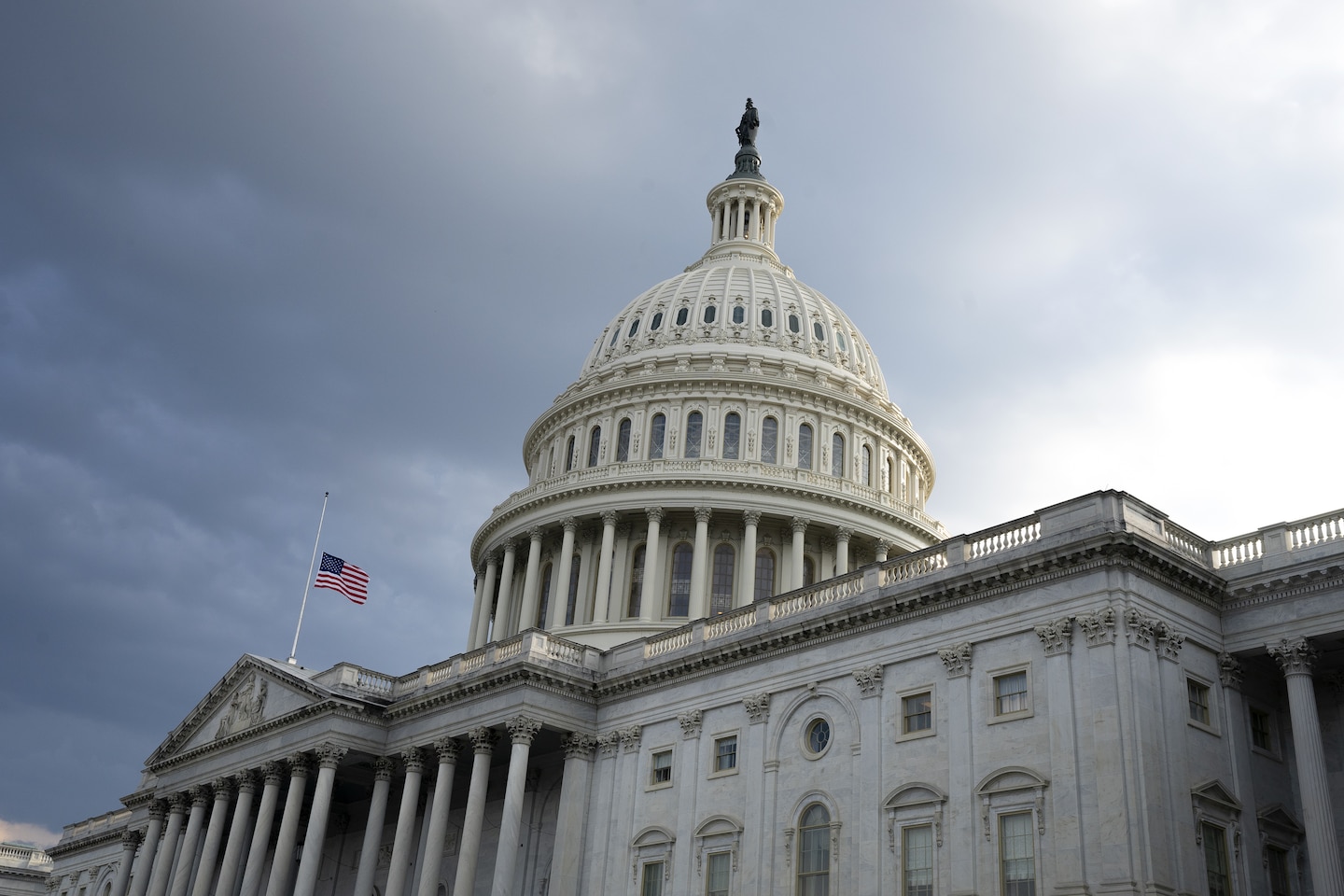Another short-term relief bill is political folly. Congress must think bigger.

Those measures, however, still assume that the United States will get back to pre-pandemic activity sometime soon. That’s looking increasingly unlikely, as the virus ravages states that had been largely untouched by the spring’s scourge. There are also the clear changes in behavior that the virus has instilled. Even if businesses are legally able to open, entire industries are going to remain depressed because people will simply be scared to go back. Airlines, hotels, theaters and similar industries won’t be anywhere near back to normal for a long time.
This means the government has a momentous decision to make: Will it take these sectors under its wing and keep them afloat for the foreseeable future, or will it allow them to crash and burn, hoping that private-sector actors will scoop up the assets in bankruptcy and resume operations slowly? If it chooses the first course, the federal government will in effect be propping up large sectors of the economy. If it chooses the latter, millions of people will experience unemployment and serious disruption to their lives.
There will also be pressure to institute government work projects on a scale not seen since the New Deal. Democrats will find a climate change-focused revival of the Civilian Conservation Corps alluring, and Republicans will begin to wonder whether they should endorse trillions of dollars in new infrastructure spending rather than let more than 10 million Americans sit on unemployment.
Republicans need to look squarely at this future and move while they still have power. Polls suggest the party is looking at a wipeout in November. If the GOP ignores the likelihood of long-term destitution, it will give complete control to the Democrats to construct such economic support proposals — and thus gain the political credit for putting millions of Americans back to work. That would be economic and political folly.
This means the GOP should bite the bullet and propose its own long-term agenda to rebuild the country. It will have to be generous and extensive; now is not the time to pinch pennies. It will need to ensure that federally supported jobs are under private-sector control as much as possible. It will need to compromise with Democrats on climate-related projects but ensure that there is a limit to what can be done so that such a program does not become a permanent feature of the economy. It will also have to insist on the use of e-Verify for all entities getting funds from any relief programs. U.S. taxpayer dollars need to support jobs for Americans and legal immigrants, not provide a stimulus for people around the world to try to enter the country illegally and avoid their own coronavirus-induced hardships at home.
This will not rest easily with the party’s old guard. It will be an explicit acknowledgment that the era of small government is over, and some Republicans will resist it tooth and nail. But wiser heads will recognize that the only politically palatable alternative to Democratic-led socialization is a populist conservatism that adapts to the facts on the ground. Franklin D. Roosevelt said that “necessitous men are not free men” as he introduced his Economic Bill of Rights in 1944. That’s not correct, but the political reactions to the Great Depression show that necessitous people are willing to trade some measure of their freedom in exchange for the security and dignity that workless poverty steals from them. Republicans must change their policies if they wish to preserve their values.
Ronald Reagan, quoting FDR, told Americans at the 1980 Republican National Convention that they faced a “rendezvous with destiny.” Ensuring that U.S. freedom endures the terrible challenges that the coronavirus has placed upon us is our generation’s rendezvous. Let us pray that both parties, but especially the Republican, are up to the test.
Read more:






